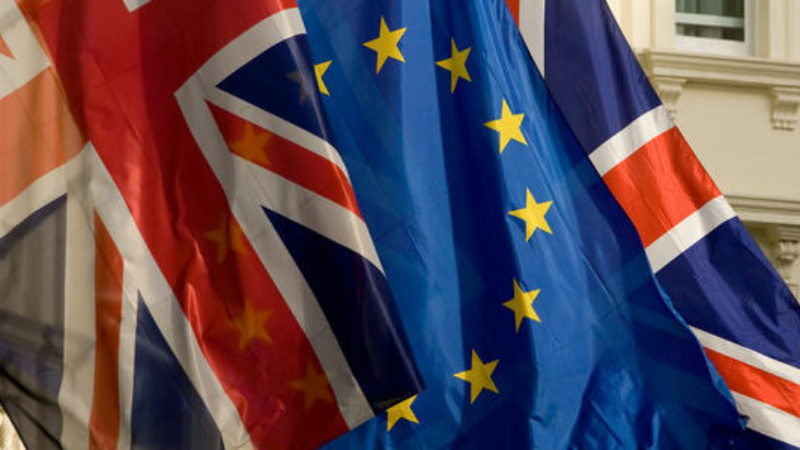

The Supreme Court judgement is a humiliation for the government. Theresa May has spent a lot of time and a considerable amount of taxpayers’ money desperately fighting to stop parliament having any say on the timing or terms of Britain leaving the EU. And they did this following a referendum campaign fought and won in the name of restoring parliamentary sovereignty.
Ministers have not willingly submitted this process to parliamentary scrutiny. They have been dragged to it by the judges.
The court process has exposed an ugliness in the post-referendum mood with both the judges doing their job and the claimants being denounced as enemies of the people and subject in some cases to horrible social media abuse.
Now that we have the verdict, what now?
Many Tories, with a blissful lack of self-awareness – after spending substantial parts of their lives tabling amendments to and debating European legislation – are calling for the shortest possible bill and denouncing any attempt to amend it as a denial of the referendum result and an attempt to thwart “the will of the people”.
However proper debate, scrutiny and, where necessary, amendment is the job of MPs. And it is bad for our democracy when every attempt to do so is shouted down by fearful cheerleaders for Leave – so terrified that their lack of answers will be exposed that they denounce the very act of asking questions.
The drama of the court cases has inevitably caused a focus on the triggering of article 50. Yet for all the government’s desperation to avoid having to legislate, it is likely that parliament will pass the legislation by a sizeable majority.
With the publication of the bill, attention will shift to discussion of amendments around both the terms of leaving and the vote on “the final deal” that the prime minister promised in her speech last week.
The article 50 negotiation process is not the final deal. The final deal is the future relationship between Britain and the EU. This is a parallel negotiation which the government believes will be finished in two years but which many others think will take longer.
That’s why I pressed David Davis today on whether parliament would have meaningful votes on both the article 50 negotiation and the future trade negotiation – and, crucially, what will happen if parliament says no to the terms of either negotiation. Do ministers keep negotiating or is the alternative an unplanned collapse into World Trade Organisation rules and turning Britain into a North Atlantic tax haven as the prime minister has threatened?
May’s speech, last week, was a direct result of her decision to let immigration policy run economic policy, instead of considering these two crucial questions together. That decision has dictated her stance towards the EU and nowhere in her 6,000 word speech was there an indication of what her stance would mean for trade, jobs and living standards.
We, the party of Labour, do not have to follow her in these priorities. We have to keep at the forefront the questions of prosperity, living standards, work and opportunity as well as the debate on immigration.
Can May live up to her promise of tariff-free and impediment free access for both goods and services? What will her position on the customs union mean for international supply chains and our manufacturing industries? Why does the government no longer seem to care when major companies announce the transfer of work abroad or raise questions about their confidence in Britain’s future trading position?
Ignoring these questions and steamrollering through a bill for a hard destructive Brexit is no way to respond either to the Supreme Court judgement or, more importantly, to the legitimate interests of our constituents.
Pat McFadden is MP for Wolverhampton South East and a supporter of Open Britain.




More from LabourList
‘Labour’s quiet quest for democratic renewal’
‘Labour promised to make work pay. Now it must deliver for young people’
‘Council Tax shouldn’t punish those who have the least or those we owe the most’